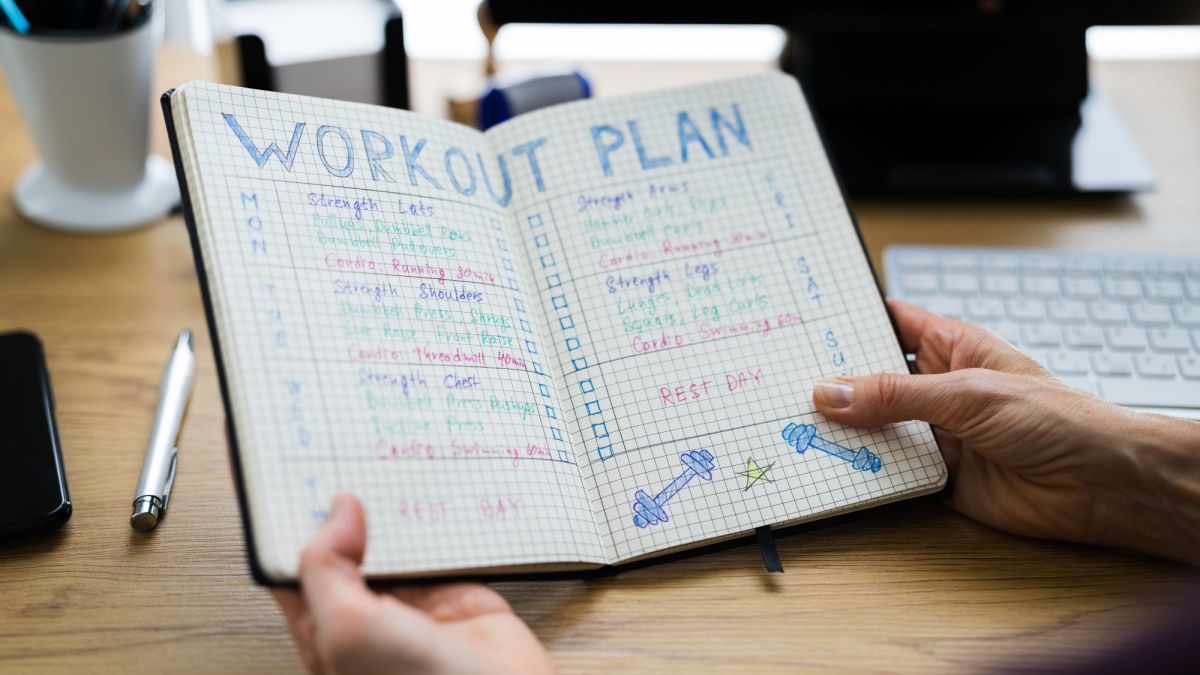How to Overcome Stage Fright and Perform Confidently

There's an African proverb that goes like this:
"When there is no enemy within, the enemies outside cannot hurt you."
The enemy in this case is fear. Fear is one of our strongest sensations, the thing that keeps us from harm and stops us from taking unnecessary risks. It's a good thing, most of the time, but not always.
Most of our fears exist in our minds. We imagine what's going to happen and build up an expectation. Often this expectation is in the form of our worst-case scenario, where we create a situation in our heads that is never likely to materialize. But the thought of what could happen is usually enough to keep us from pursuing our goal.
For many people that's what happens when they think about performing in public. They're afraid they'll stumble over their words and look stupid, or forget what they were going to say. They're afraid that people will laugh at them. They're afraid they'll sweat too much, that their heart will start beating ten to the dozen, that they'll faint or their mouth will dry up and make it impossible for them to speak.
We call this particular "fear reaction" stage fright. It can affect anybody who performs in front of a crowd, whether as a comedian, musician, public speaker or general entertainer. Here are some tactics you can employ that will help you deal with the fear that keeps you from performing in public at your very best.
Overcoming Stage Fright in Three Practical Steps
1. Always Be Prepared
Whatever you're doing, you need to be ready. If it's giving a speech, singing, playing the piano or delivering a stand-up routine, you need to know your material inside out and backwards.
Practice your "routine" in front of other people. Enlist family members, friends or colleagues to help you get ready. Try standing in front of a mirror and going through the motions to give yourself an idea about what you look like. This is a great way to catch any gestures you keep making over and over.
Record yourself performing and listen to your voice. Try to spot any words that are likely to cause you problems and replace them with words you feel more comfortable with.
2. Do A Live Run-through
When you think you're ready, run through the material live. There are two ways to do this and it's really just a question of which you're physically able to do.
If possible, go to the venue where you're going to perform. Stand on the stage or platform and experience what it's like to be there. Soak up the atmosphere and get a feel for what it will be like when there's an audience in front of you.
Practice every part of your routine, even if it seems ridiculous. Walk onto the stage, hearing the crowd clapping and cheering. Deliver some of your material, pausing in just the right places to let the applause and / or laughter trickle through. Wrap it up as you expect to, and then take a bow and walk off the stage again.
If going to the venue is not an option, stage your own run-through by getting volunteers to sit and listen in your living room or in an office. Take the time to rehearse so that when your big moment comes you'll know exactly what to expect.
3. Give Yourself Some Credit
What's the worse thing that can happen? Maybe you'll make a mistake. Maybe you'll fluff some lines or hit a bum note. Big deal? Everybody does that.
Remember that when you perform you'll be doing something that most of your audience are unable to do. They don't expect perfection; they simply want to be entertained. Try to keep that in mind and you'll be less likely to suffer from nerves.
I went to hear Arturo Benedetti Michelangeli play the piano live at a venue in London. The lunchtime concert was held in a hall with wonderful acoustics, but it was rather small. I'd heard him play some of the same pieces on a recording, but there was no comparison. Even though his playing on this occasion wasn't perfect, it was nevertheless delightful. I'm sure not one of those in the audience would have spent any time contemplating whether such and such a note should have been a C sharp. His skill and artistry kept every one of us spellbound.
What is NLP?
NLP stands for Neuro-Linguistic Programming. It's a tool used in self-development to help change the way we think (neuro), the way we communicate (lingusitic) and the way we behave (programming). By learning to think, communicate and behave in new ways, it's possible to pursue goals with more precision, clarity and definition.
Get Round Stage Fright using NLP
Here's a well-known NLP (Neuro-Linguistic Programming) trick that can help you find the confidence and nerve to perform at your best when you need it most.
Start by imagining a performance - or remembering one - where everything goes perfectly. Hear the roar of the crowd, cheering and clapping. Get a sense of the atmosphere and how it all makes you feel. Let the positive energy take over and fill you with its spark. Feed off it to rekindle those feelings and put you on top of your game once again.
Follow these simple steps to flood yourself with powerful sensations:
- Imagine a circle on the floor large enough for you to step into. Now imagine filling the circle with all those positive feelings, bright colors, people cheering and clapping. Let the feelings get stronger and more intense, and then step into the circle.
- Feel the confidence flowing through your body. The audience is captivated by your words and actions. You’re relaxed and in control, and you know instinctively exactly what to do, what to say, and when to do or say it.
- You've got the audience in the palm of your hand. Your confidence keeps growing and growing. You pause when you need to, letting the audience respond where appropriate. You’re in complete control of the situation and everybody loves what you're doing.
- When the feelings start to fade away, step out of the circle and relax for a moment.
Repeat steps 2 and 3 until you automatically feel the way you want to feel before stepping into the circle. Then, mentally fold up the circle so it’s small enough to fit in your pocket.
Take your “circle” with you to your next performance. When you need to perform, focus on the spot where you’ll be standing. Mentally unfold the circle and throw it on the floor in front of you. Feel it throbbing with all those positive emotions, and then step into the circle to fill yourself with unstoppable confidence once again.

The Performer's Secret
And here's something else you should keep in mind when you're preparing for and delivering anything on stage...
All performers know a secret. The secret is that audiences don't necessarily pay attention to everything that you're doing. As a general rule, the bits they remember the most are:
- The beginning of your performance
- The end of your performance
- Any sections that resonate particularly with them
I'm sure if you think about it you can see how it works. It's the reason why most "shows" open with a spectacle and end with a bang. They know only too well that those are the points that most people will focus on.
Naturally the rest of your material has to be reasonably good to sustain your act. But once you've got the audience on your side, it's easier to keep them there, and it's easier to avoid getting psyched out by the possibility of stage fright.
If you end your performance with something brilliant, they'll remember it and might even want to see you perform again. In show business circles they say "leave them wanting more" - which is exactly what you should do.









